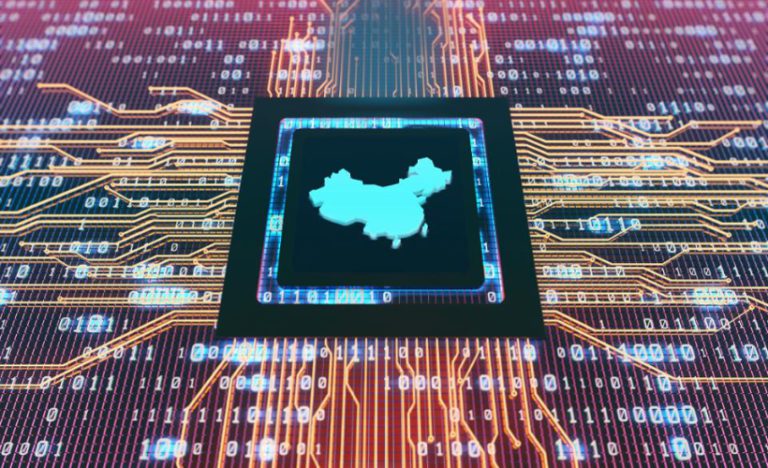What do you think of when you hear the phrase “made in China”? While computer science and artificial intelligence may not be the first on the list, it is something that you should be on the lookout for.
As of 2020, China is the world’s number one creator of new artificial intelligence technologies. China alone for about three quarters of the world’s patents last year.
The Chinese are emerging as a juggernaut not just in depth but also in breadth. They have taken first place in 10 different subfields to include machine learning, chip technology and natural language processing.
For those who don’t know, “machine learning” is when a computer learns your habits and adjusts to them. For example, if your best friend has an uncommon name such as “Eliana”, your phone’s auto-correct may change it to “Elena,” forcing you to rewrite it.
Over time, though, your phone will notice you typing “Eliana” so often that it will learn that that is actually correct. Incidentally, autocorrect is an example of artificial intelligence in the category of natural language processing.
Auto suggestions, such as autofilling “Hey E…” to “Hey Eliana”, also fall into this category.
Finally, “chip technology” refers to newer artificial intelligence chips. These replaced old-fashioned graphical chips, allowing for greater processing power at a smaller size.
The top eight universities in the world for artificial intelligence research are all Chinese. Meanwhile, Stanford comes in at number nine, Massachusetts Institute of Technology at 10.
Together, these 10 produce 81 thousand papers annually, 84 percent of which are Chinese.
Despite these strides forward, there are still areas in which China is lagging. Although China has the most patents, they are not at the forefront of invention.
That position still goes to the United States, where there are seven times as many artificial intelligence researchers. China is a distant second, comfortably ahead of the United Kingdom in third place.
The Chinese also take first place in growth rate of research, meaning it may not be long before they are the unchallenged.
Title Image: SupChina/Lucas Niewenhuis



0 Comments